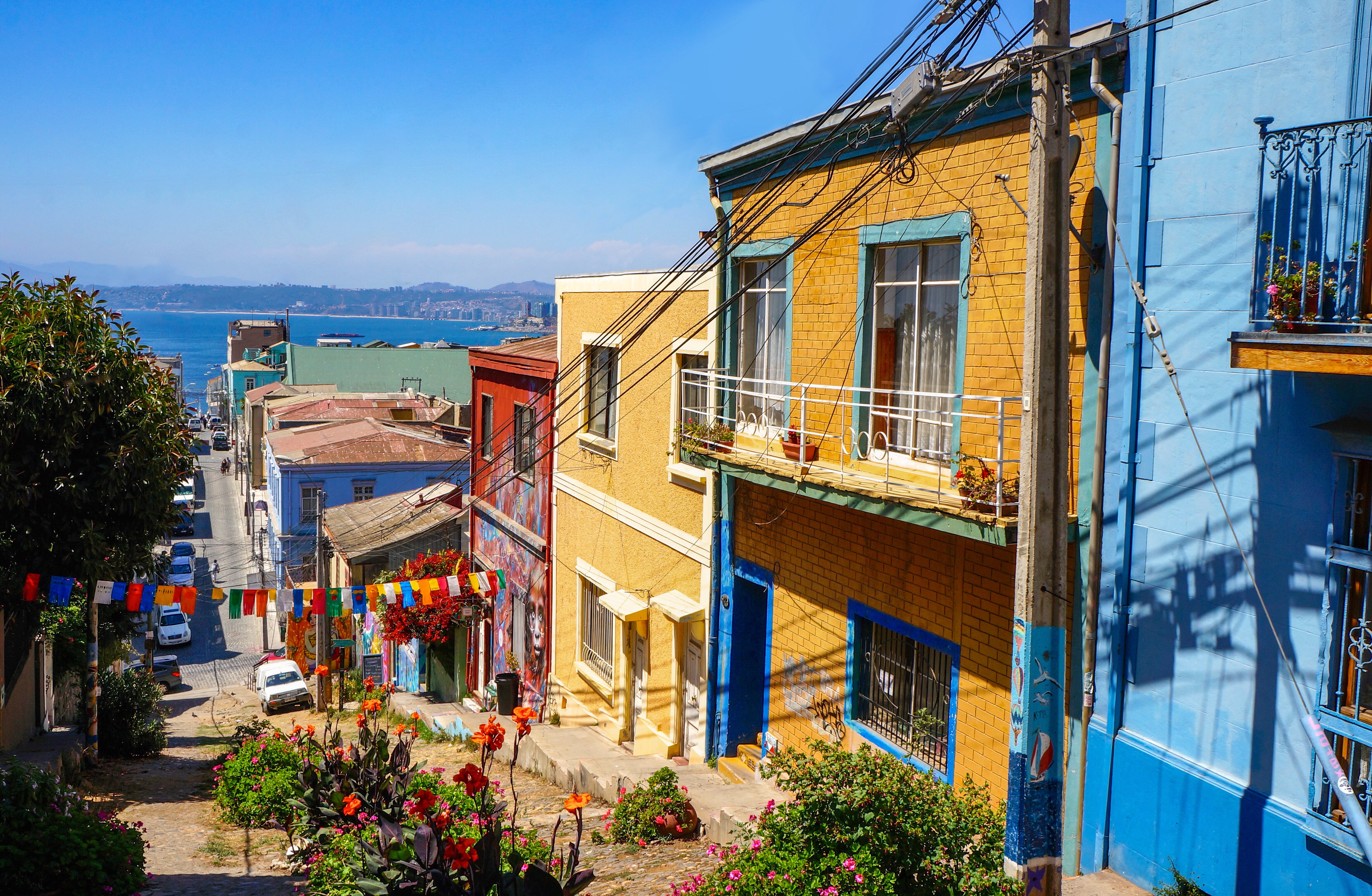21 Common Travel Scams Making a Comeback and How to Spot Them
Today’s traveler may be armed with GPS, translation apps, and online reviews—but some scams are older (and slicker) than your Wi-Fi connection. As tourism booms post-pandemic, a wave of classic cons is making an uninvited comeback—slick card games, fake officials, too-good-to-be-true taxi fares, and more—all cleverly repackaged for the digital age. What’s worse? These scams prey on the very things that make travel magical: trust, spontaneity, and curiosity. That’s why we’ve expanded our list to 21 Common Travel Scams Making a Comeback and How to Spot Them—a must-read field guide for anyone with a passport and a sense of adventure. Whether you’re sipping chai in a bustling bazaar or navigating a “free” walking tour in Europe, knowing what to watch for can be the difference between a smooth journey and a costly misstep. Because being street-smart is just as essential as being wanderlust-fueled. Here's how to outsmart the con before it ruins the view.
1. The Fake Taxi Fare Frenzy
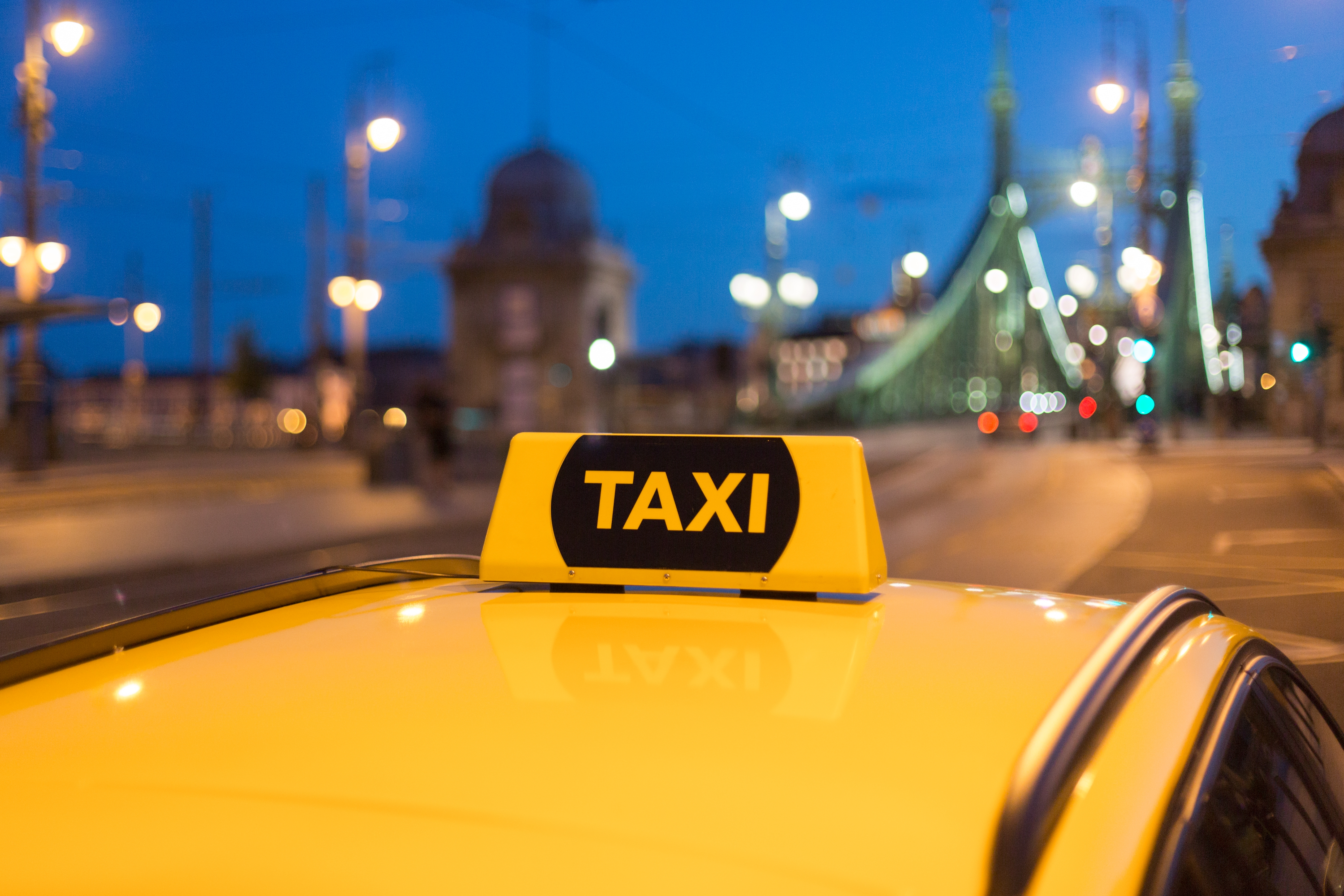
One of the most common scams to resurface in bustling cities around the world is the fake taxi fare scam. Tourists, often exhausted from long flights and unfamiliar with local currency and customs, become easy targets for unscrupulous taxi drivers who manipulate fare meters or take unnecessarily long routes to inflate the fare. In some cases, drivers may even quote a flat rate that is exorbitantly higher than the standard fare, banking on the traveler's ignorance. To avoid falling victim to this scam, travelers should always research the average taxi fare from the airport to their destination beforehand. Utilizing ride-sharing apps can also provide a more transparent and often more affordable alternative. Additionally, confirming the fare with the driver before starting the journey and insisting on using the meter can help protect against inflated charges. By staying informed and assertive, travelers can ensure that their first impression of a new city isn't marred by a bad experience.
2. The Hotel Booking Hoax

In the digital age, booking accommodations online has become the norm, but this convenience has also given rise to the hotel booking hoax. Scammers create fake websites or listings on legitimate platforms, luring travelers with enticing deals and picturesque photos of non-existent properties. Once the traveler pays a deposit or full amount, they arrive at their destination only to find that the hotel does not exist or is vastly different from what was advertised. To protect against this scam, travelers should book accommodations through reputable websites and verify the legitimacy of the listing by checking reviews and cross-referencing with other sources. Contacting the hotel directly to confirm the reservation can also provide peace of mind. Additionally, using a credit card for bookings can offer an extra layer of protection, as many credit card companies offer fraud protection services. By taking these precautions, travelers can ensure their stay is as comfortable as they envisioned.
3. The Currency Exchange Conundrum
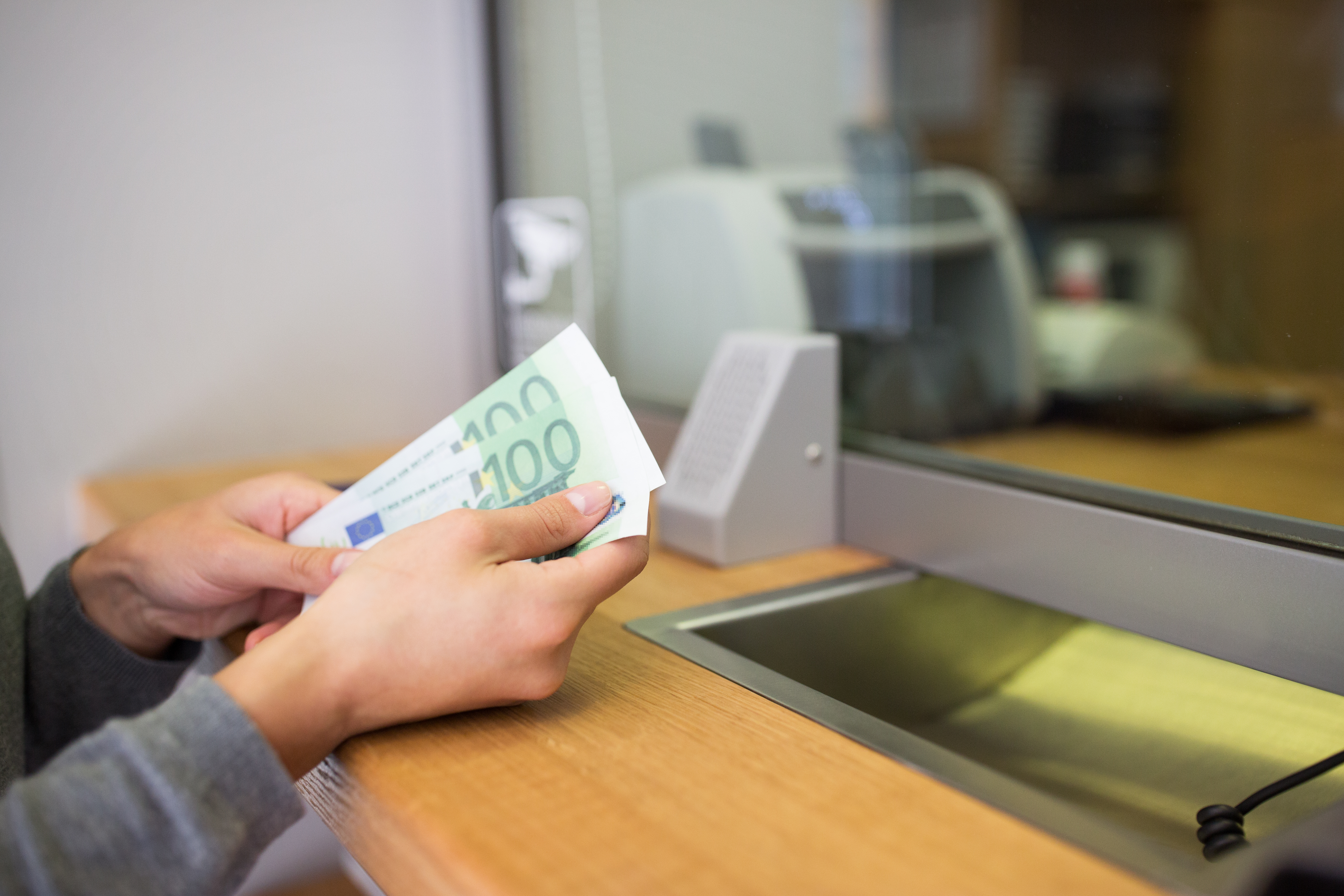
Currency exchange scams are a perennial problem for travelers, particularly in countries where the local currency is not widely used. Unscrupulous money changers may offer attractive exchange rates but then employ sleight of hand or use rigged calculators to shortchange tourists. In some cases, counterfeit currency is also a risk, leaving travelers with worthless bills. To avoid falling victim to these scams, travelers should exchange money at reputable banks or official currency exchange offices. It's also advisable to familiarize oneself with the local currency and current exchange rates before traveling. Using ATMs in well-lit, secure locations can also be a safer alternative, though travelers should be wary of fees. By staying informed and cautious, travelers can ensure they receive fair value for their money and avoid unnecessary losses.
4. The Street Performer Swindle

Street performers add vibrancy and culture to many tourist destinations, but some use their craft as a front for scams. These performers may demand exorbitant tips after a photo opportunity or enlist accomplices to pickpocket distracted onlookers. In other instances, performers may use aggressive tactics to coerce tourists into paying for unsolicited services or goods. To enjoy street performances without falling prey to scams, travelers should be mindful of their surroundings and personal belongings. It's important to establish clear boundaries and decline services or goods that are not desired. Being aware of the local customs regarding tipping can also help avoid misunderstandings. By appreciating street performances from a safe distance and staying vigilant, travelers can enjoy the cultural offerings without compromising their safety or finances.
5. The Fake Police Officer Ploy

Encountering law enforcement in a foreign country can be intimidating, and scammers exploit this by impersonating police officers to extort money from tourists. These fake officers may accuse travelers of minor infractions and demand on-the-spot fines, often threatening arrest or confiscation of passports if the tourist refuses to comply. To avoid this scam, travelers should always ask to see identification and verify the legitimacy of the officer. In most countries, genuine police officers will not demand immediate payment for fines, and travelers have the right to request assistance from their embassy. If approached by someone claiming to be a police officer, it's advisable to remain calm, assertive, and seek assistance from official channels if necessary. By understanding their rights and staying composed, travelers can protect themselves from this intimidating scam.
6. The Friendship Bracelet Gambit

Seemingly friendly locals offering "gifts" like friendship bracelets can quickly turn into a high-pressure sales tactic. Once the bracelet is tied around the tourist's wrist, the scammer demands payment, often escalating the situation with aggressive behavior if the tourist refuses to pay. To avoid this scam, travelers should politely decline unsolicited offers and maintain a respectful distance from persistent vendors. It's important to be aware of one's surroundings and avoid engaging with individuals who exhibit aggressive or insistent behavior. By setting clear boundaries and remaining firm, travelers can enjoy their surroundings without unwanted interactions or financial loss.
7. The Wi-Fi Hack Trap

In our hyper-connected world, free Wi-Fi is a coveted commodity, but scammers exploit this by setting up fake Wi-Fi networks in public places. Once a traveler connects, the scammer gains access to sensitive information such as passwords and credit card details, leading to identity theft and financial loss. To protect against this scam, travelers should avoid connecting to unsecured public Wi-Fi networks and instead use trusted networks provided by reputable establishments. Utilizing a virtual private network (VPN) can also encrypt internet traffic and provide an additional layer of security. By being cautious and prioritizing online safety, travelers can safeguard their personal information and enjoy a worry-free travel experience.
8. The Rental Car Ruse

Rental car scams have seen a resurgence, with travelers being charged for pre-existing damages or being offered unnecessary insurance packages at exorbitant rates. In some cases, scammers posing as rental agents may even steal personal information or credit card details during the booking process. To avoid falling victim to these scams, travelers should thoroughly inspect rental vehicles for any damages and document them with photos before driving off. It's also important to read the rental agreement carefully and decline any unnecessary add-ons. Booking through reputable companies and using a credit card can offer additional protection. By being diligent and informed, travelers can ensure a smooth and secure rental experience.
9. The Overpriced Souvenir Scheme
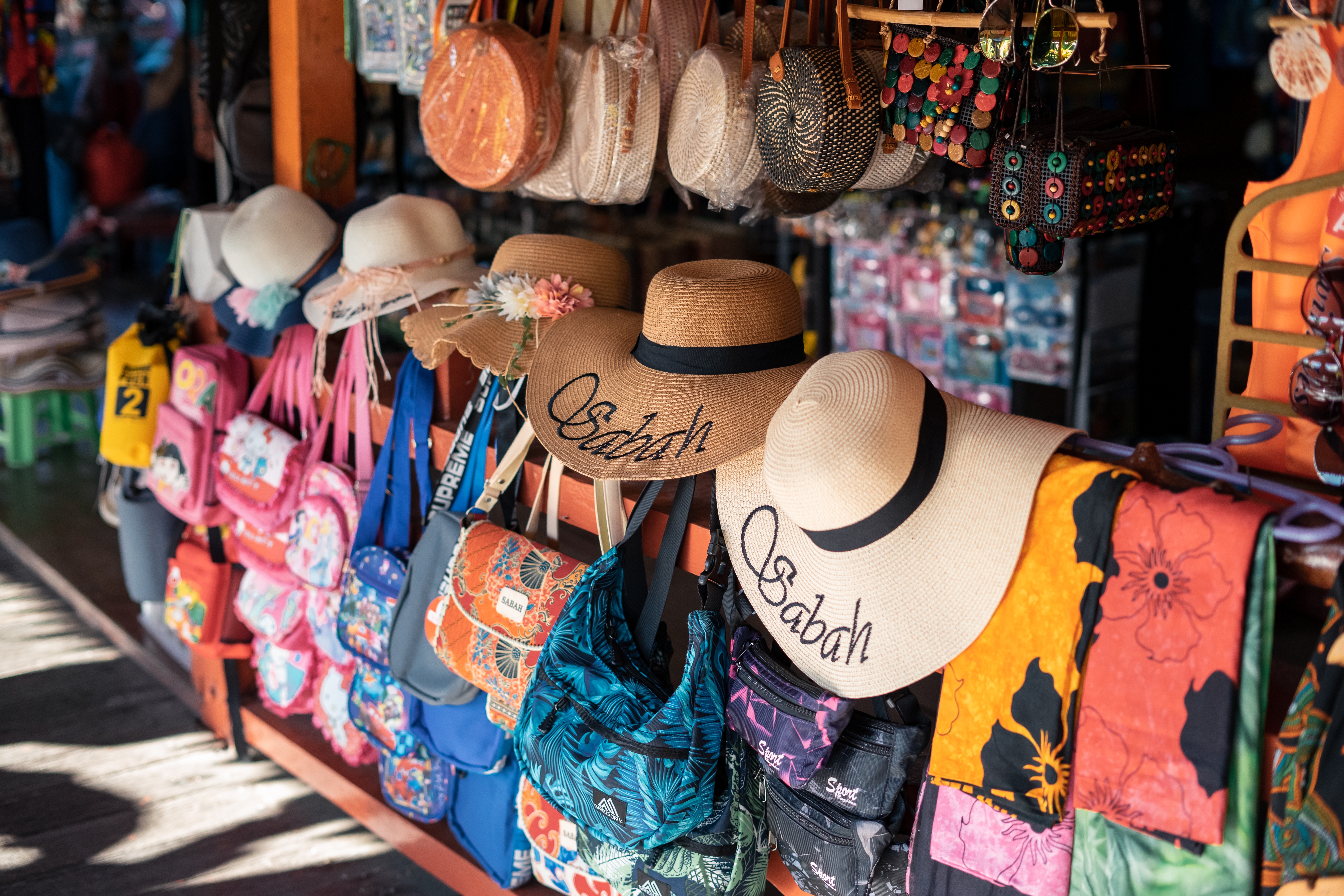
Souvenir shopping is a quintessential part of travel, but tourists often fall prey to inflated prices for low-quality goods. Vendors may use high-pressure sales tactics or misrepresent the value and authenticity of their products, leaving travelers with overpriced trinkets. To avoid this scam, travelers should research local crafts and average prices before making purchases. It's advisable to shop at reputable stores and avoid impulse buys from street vendors. Haggling is often expected in many cultures, and being prepared to negotiate can help secure fair prices. By being informed and discerning, travelers can bring home meaningful souvenirs without breaking the bank.
10. The Fake Charity Con

Scammers posing as charity workers are a common sight in tourist hotspots, appealing to travelers' goodwill to solicit donations for bogus causes. These scammers often use emotional stories and fake credentials to elicit sympathy and financial contributions. To avoid falling victim to this scam, travelers should verify the legitimacy of any charity before donating. Researching reputable organizations and donating directly through official channels can ensure that contributions reach those in need. It's important to be cautious and skeptical of unsolicited requests for donations, particularly in tourist areas. By giving thoughtfully and responsibly, travelers can support genuine causes without being deceived.
11. The Bump and Grab Tactic

Pickpocketing remains a prevalent issue in crowded tourist areas, with scammers using distraction techniques such as the "bump and grab" to steal valuables. These thieves often work in groups, with one person creating a diversion while another lifts the tourist's wallet or phone. To protect against this scam, travelers should keep their belongings secure and avoid carrying large amounts of cash. Wearing a money belt or using anti-theft bags can provide added security. It's also important to be aware of one's surroundings and avoid engaging with strangers who exhibit suspicious behavior. By staying vigilant and cautious, travelers can protect their valuables and enjoy their adventures with peace of mind.
12. The "Closed Attraction" Ruse

A common trick in tourist-heavy areas, this scam involves locals telling you a major attraction—like a temple or museum—is “closed for the day” due to a fake reason (prayer, holiday, cleaning). They’ll then suggest an alternative tour, tuk-tuk, or shopping experience, often receiving a commission or overcharging you in the process. To avoid it, don’t take someone’s word at face value. Walk up to the gate or check the official website before rerouting your day. Many attractions are open even during religious ceremonies or renovations. If something seems off, it probably is.
13. The Broken Taxi Meter Excuse
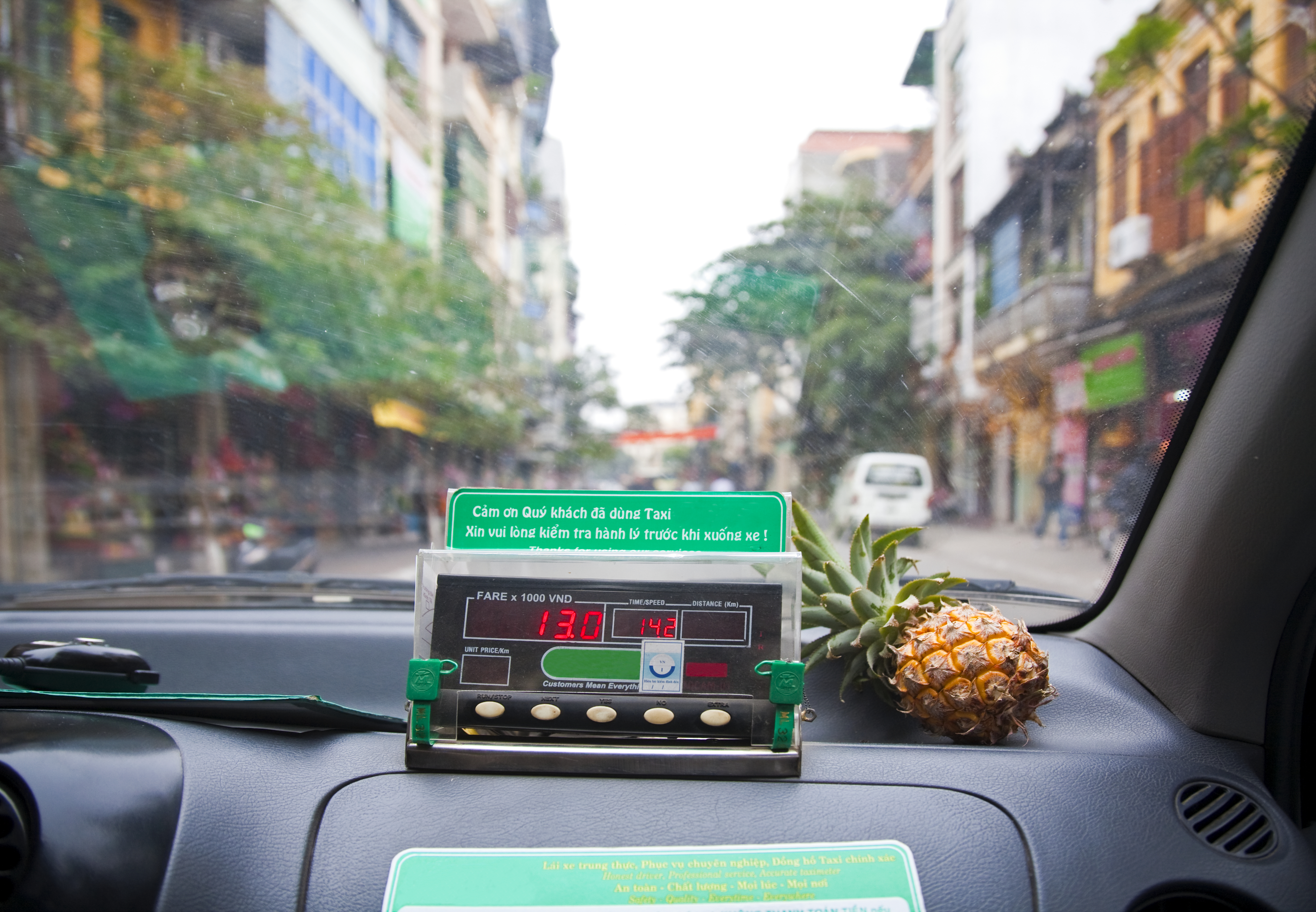
You hop in a cab and the driver apologetically explains the meter is "broken". What follows is a highly inflated fare. This scam is rampant in major cities and airport pickups. Always ask if the meter is working before getting in. If they refuse or make excuses, walk away. Better yet, use ride-hailing apps where the price is locked and transparent. And if you must take a street taxi, agree on a fare up front and have small bills ready to avoid “no change” scams.
14. The "Free Massage" Trap

In some tourist markets, individuals offer a “free demo” massage—on your hands, shoulders, or neck. It starts harmlessly, but before you know it, they demand payment or create a scene until you pay. Some even swipe your belongings while you’re distracted. Rule of thumb: if it’s “free,” be cautious. Politely decline physical offers from street vendors and keep personal items secured. If you want a real massage, choose a licensed spa or a hotel-recommended service instead.
15. The Complicated ATM Switch
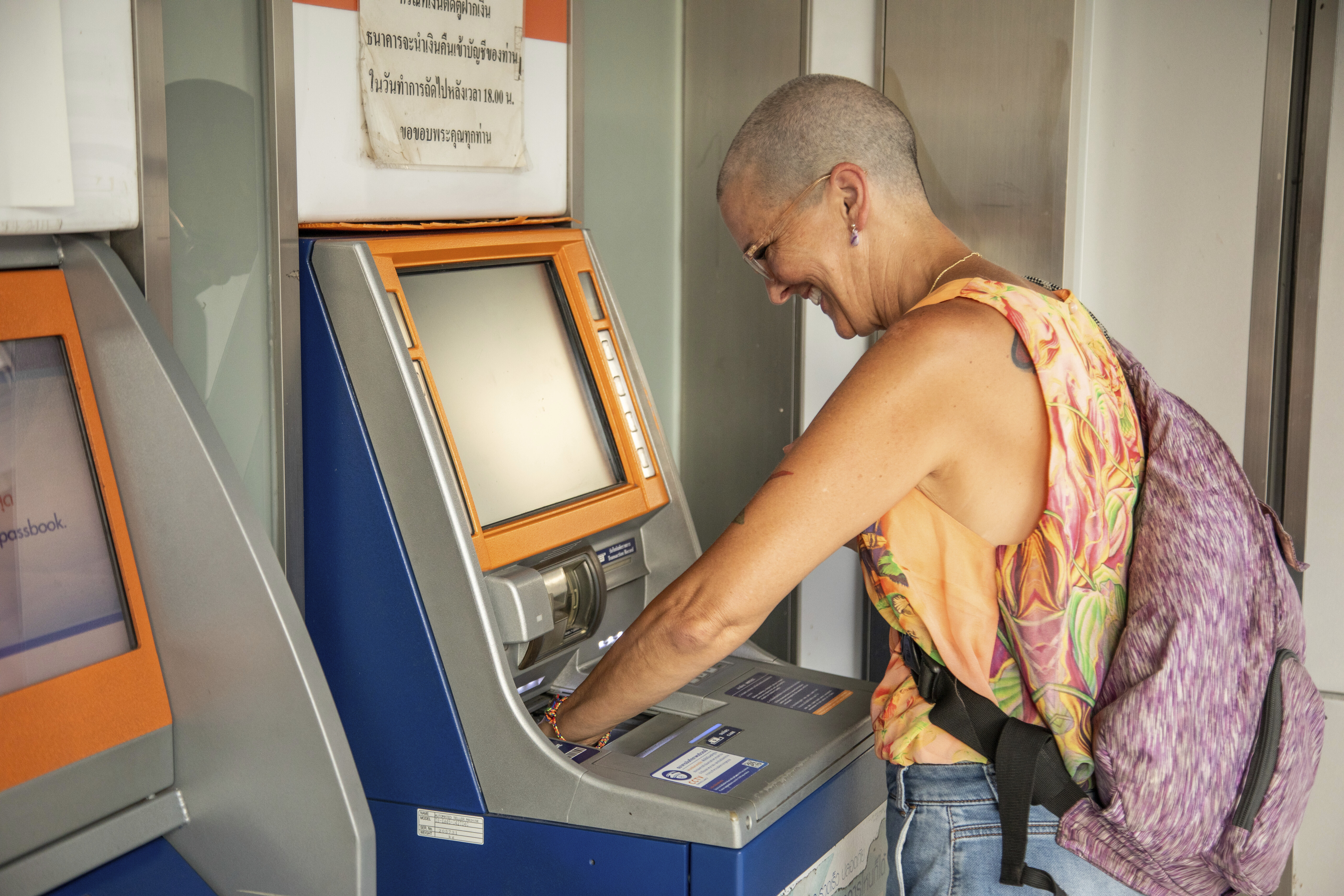
This scam often involves a “helpful” local at an ATM claiming the machine is malfunctioning or offering to assist with language prompts. While you’re distracted, they memorize your PIN and switch your card with a fake one. Minutes later, your account is drained. Always use ATMs inside banks or secured buildings, cover your keypad, and never accept unsolicited help—no matter how friendly they seem.
16. The Rental Scooter Trap
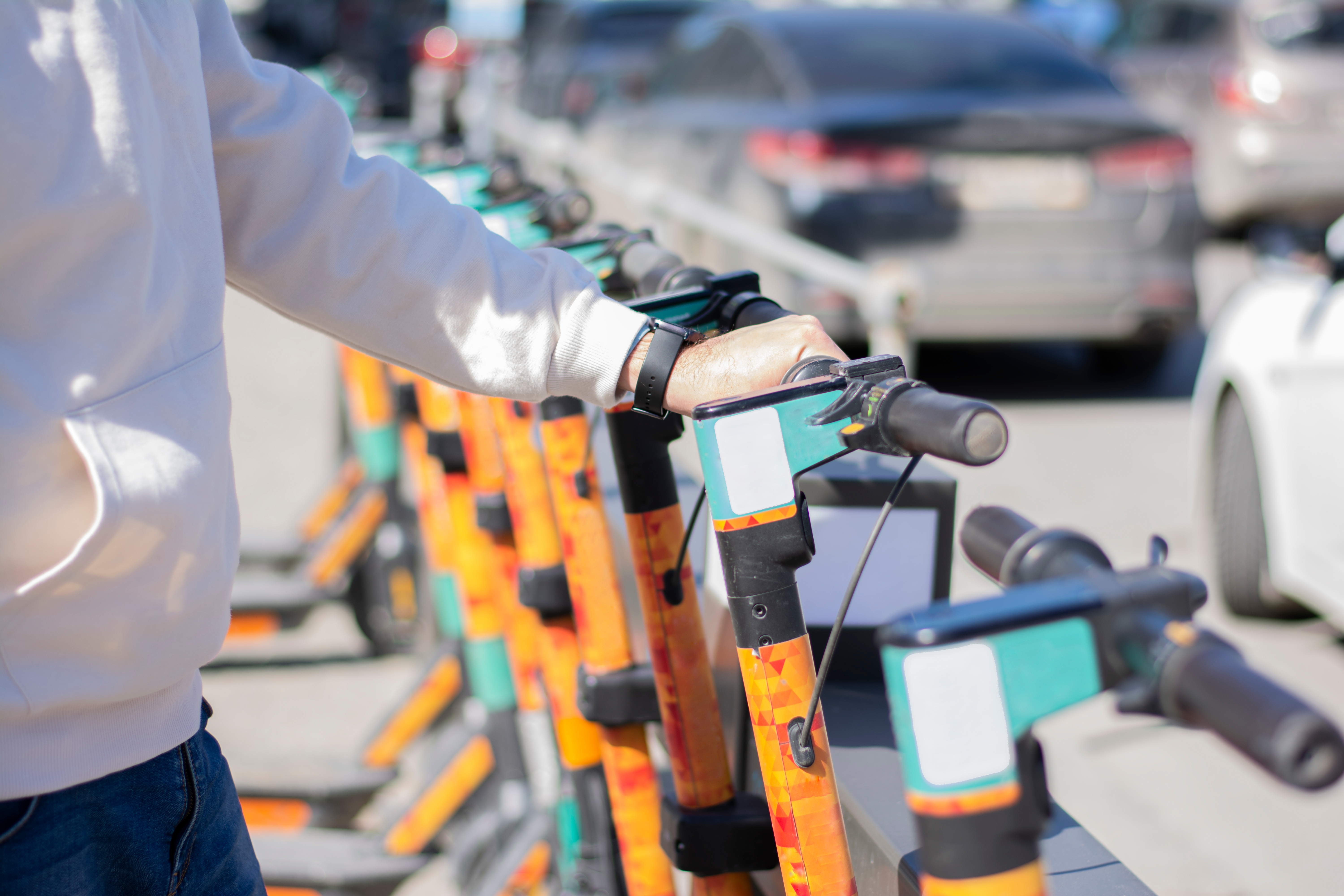
You rent a scooter for the day, return it, and suddenly the shop owner points to “new scratches” or “missing parts” that weren’t there before—demanding hefty payments. In some cases, the bike was rigged beforehand. Always take detailed photos and video of the scooter from every angle before driving off. Make sure the rental agreement notes existing damage. Use well-reviewed rental shops, and never leave your passport as collateral.
17. The “Let Me Take Your Photo” Scam

A stranger offers to take your picture in front of a scenic landmark—then runs off with your phone or camera. In another version, they demand a tip for the photo you thought was free. While some genuinely want to help, it’s safer to decline or ask fellow tourists or staff members instead. If someone insists, keep a tight grip on your belongings or politely say no and move on.
18. The Fake Petition Ambush

Often seen in European cities near tourist hubs, scammers—sometimes teens—approach with a clipboard and ask you to sign a petition “for charity” or a “cause.” After signing, they aggressively demand a donation, or their accomplices pick your pocket during the distraction. Keep walking. If you’re interested in charitable work, look for official, registered organizations instead of on-the-street sign-ups.
19. The Luggage Helper Hustle
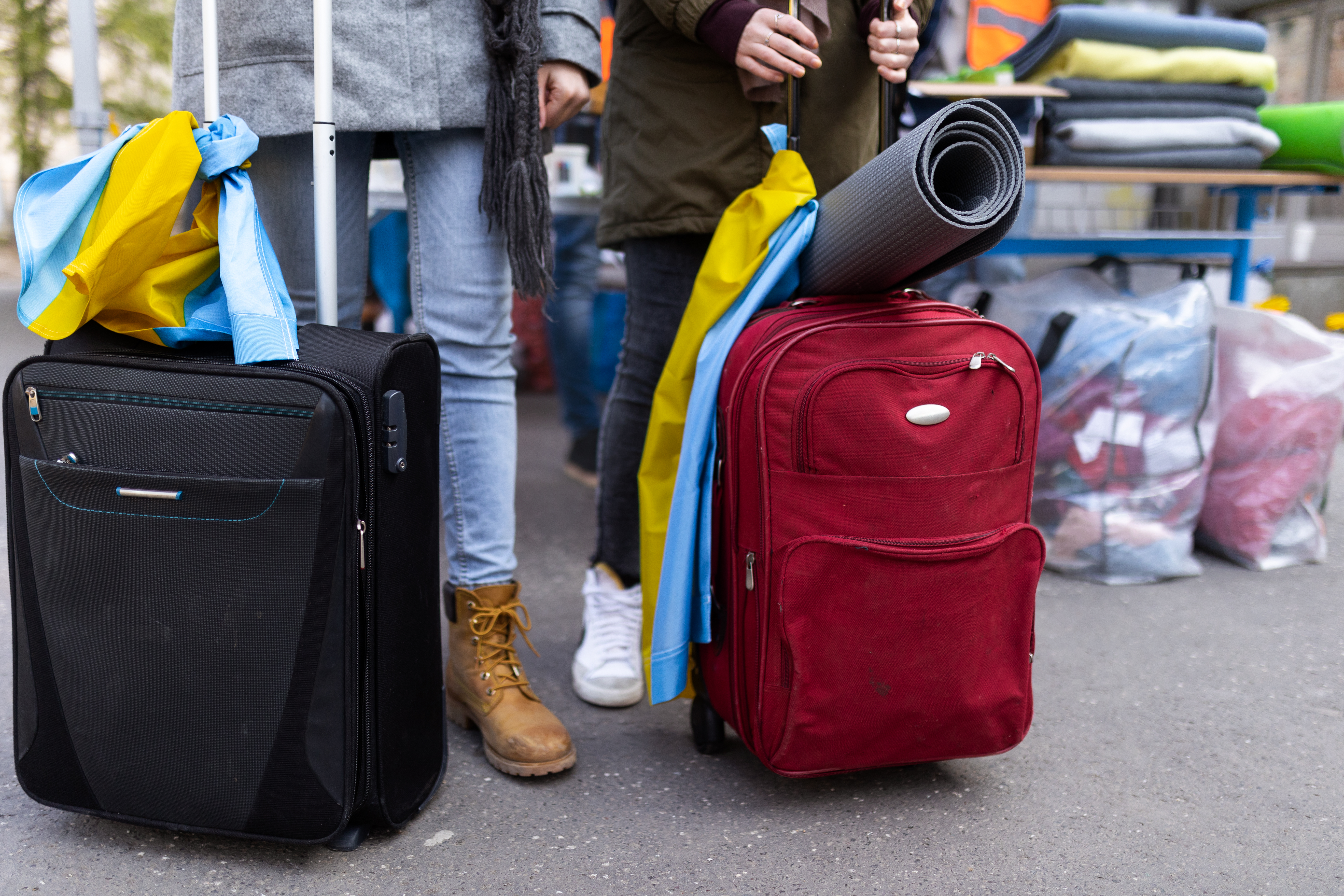
At airports or train stations, someone grabs your bag “to help” load it into a taxi or onto a trolley—then refuses to return it unless you tip them. In more dangerous cases, they simply walk off with it. To avoid this, always keep your hand on your luggage and decline unsolicited help. Only accept assistance from clearly uniformed staff or porters.
20. The Counterfeit Ticket Trap
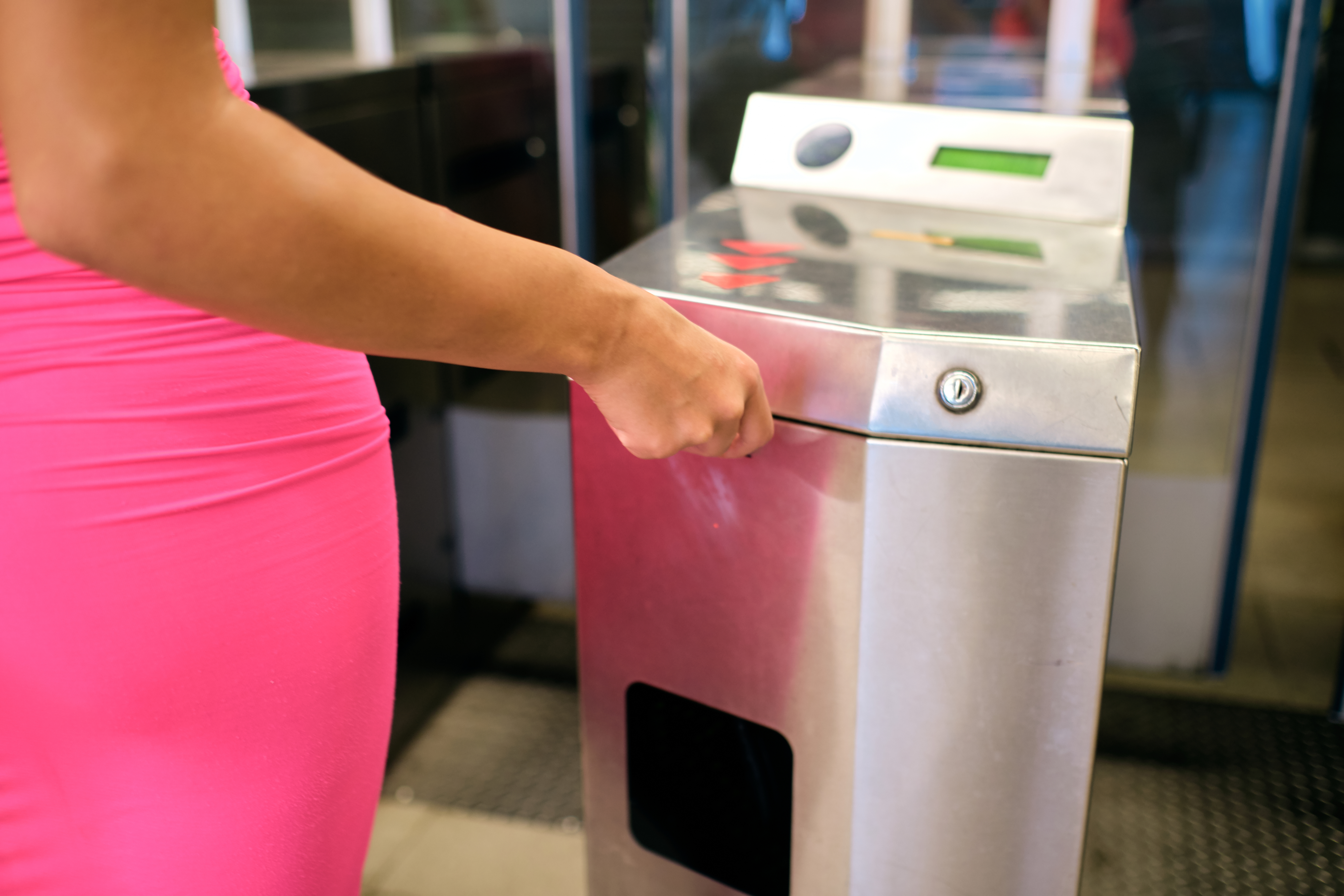
You’re offered a “great deal” on event or transport tickets from someone outside a venue or near a bus/train station. They seem legit—but the tickets are fake, expired, or unusable. Always buy tickets directly from official counters or websites. If someone approaches you with a time-sensitive “deal,” it’s likely a setup. If it feels too easy, it’s probably too risky.
21. The Bar Bill Switcheroo

In touristy nightlife districts, you may be invited to a bar by a friendly local or guide who insists it’s a favorite spot. Drinks flow, music’s great—until the bill arrives and it’s five times what you expected. You’re not allowed to leave until you pay. To avoid this, research bars in advance, never go with a stranger to an unknown venue, and always ask for a menu or price list. When in doubt, stick to popular or hotel-recommended spots.
Scams may change costumes, but the script stays the same: distract, deceive, and disappear. In the age of hyper-connectivity and wanderlust-fueled travel, the oldest tricks in the book are finding slick new stages—from airport terminals to sunlit piazzas. But here's the good news: awareness is armor. With the right knowledge, you don’t have to trade openness for paranoia. You can still say yes to the street food, the spontaneous detour, the local recommendation—just with eyes wide open. Think of this list not as a warning, but as a travel toolkit. The more you recognize the moves, the more confidently you can dance through unfamiliar places. Because the real reward of travel isn’t just the views—it’s the stories, the moments, and the peace of mind that come from moving through the world on your own terms. So stay curious. Stay alert. And never let a scammer rewrite your adventure.





